|
|
|
|
| Adam Carr's Election Archive
|
Australian federal election, 2016
Division of Macnamara, Victoria
Inner Melbourne: Albert Park, Caulfield, Port Melbourne, South Melbourne, St Kilda
State seats: Parts of
Albert Park,
Brighton,
Caulfield and
Prahran
Local government areas: All of Port Phillip, parts of Glen Eira, Melbourne and Stonnington
Enrolment at close of rolls: 113,809
1999 republic referendum: Yes 65.9
2018 same-sex marriage survey: Yes 82.0
Sitting member: Hon Michael Danby (Labor):
Elected 1998, 2001, 2004, 2007, 2010, 2013, 2016. Retiring 2019
2007 Labor majority over Liberal: 7.2% *
2010 Labor majority over Liberal: 7.6% *
2013 Labor majority over Liberal: 3.6% *
2016 Labor majority over Liberal: 1.3% *
2019 notional Liberal majority over Labor: 1.3%
* as Melbourne Ports
Status: Very marginal Labor
Best Liberal booths, two-party vote: Graham (57.7), Caulfield North (55.3), Caulfield (55.1),
Kerferd (54.4), Bridport (54.1)
Best Labor booths, two-party vote: St Kilda (68.0), St Kilda North (67.5), St Kilda South (65.8),
St Kilda Beach (64.9), St Kilda Park (64.6)
2016 results
Statistics and history
Candidates in ballot-paper order:
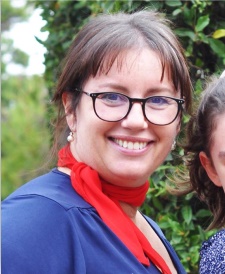 |
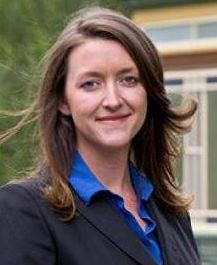 |
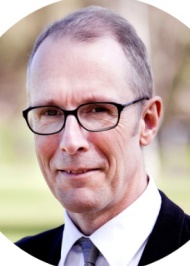 |
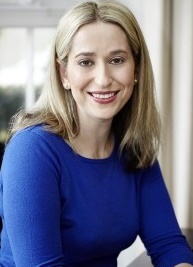 |
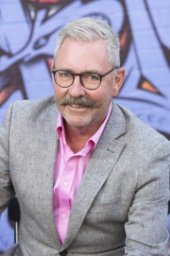 |
1. Ruby O'Rourke
Independent |
2. Steph Hodgins-May
Australian Greens |
3. Stephen Armstrong
Sustainable Australia |
4. Kate Ashmor
Liberal Party |
5. Chris Wallis
Independent |
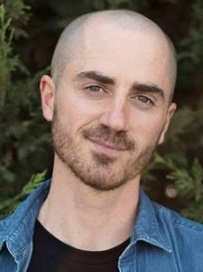 |
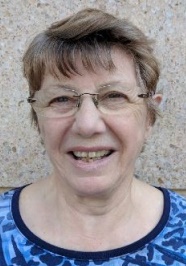 |
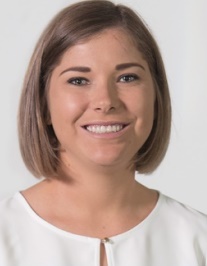 |
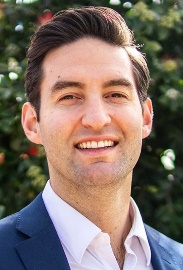 |
6. Craig McPherson
Animal Justice Party |
7. Christine Kay
Rise Up Australia |
8. Helen Patons
United Australia Party |
9. Josh Burns
Australian Labor Party |
Candidate websites:
Kate Ashmor
Josh Burns
Steph Hodgins-May
Craig McPherson
Ruby O'Rourke
Division of Macnamara
Macnamara is the new name for the old seat of Melbourne Ports, which was created at Federation, but which by 2018 had become
one of the most radically changed of the federation seats, both in terms of its
boundaries and its social composition. In recognition of that, it was renamed at the 2018 redistribution. As Macnamara, it is now a wealthy,
cosmopolitan, and highly-marginal inner-city seat. The redistribution added a section of Prahran to the seat, which did not change its narrow
Labor majority.
Once based in Melbourne's working-class heartland in the western suburbs, after 1969 Melbourne Ports extended eastwards to St Kilda, while in 1990 the
wealthy suburb of Caulfield was added. Today it is in the top 10% of electorates in terms of median income level and proportion of people in professional
occupations. Yet it continues to elect a Labor member, as it has done since 1906, although since 1990 it has been highly marginal. This is partly
because many of its high-income residents in suburbs like St Kilda hold left-wing views, and partly because the electorate is about 15% Jewish, and
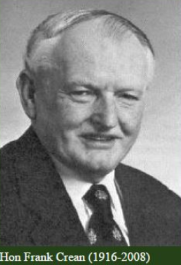 many Jewish voters who would otherwise vote Liberal have supported the sitting Labor member.
many Jewish voters who would otherwise vote Liberal have supported the sitting Labor member.
Voting patterns in Macnamara reflect the demographic changes in this area. Once solidly working-class Port Melbourne and South Melbourne are
now wealthy suburbs and politically marginal, while St Kilda and Elwood, once middle-class and firmly Liberal, are now the Labor bedrock in this
seat. Even in 2013, Labor polled more than 60% of the two-party vote in all the St Kilda booths. But in recent years much of Labor's support has come
only as second preferences from the Greens, who now outpoll Labor in some areas such as St Kilda.
Members for Melbourne Ports included Labor Cabinet ministers Ted Holloway, Frank Crean (Deputy Prime Minister in the Whitlam
Government) and Clyde Holding. Michael Danby, Labor MP for Melbourne Ports
from 1998, was the seat's first Jewish member and at the time of his election the only Jewish member of the Parliament (there are now six). He was a
Parliamentary Secretary in the last year of the Rudd-Gillard Government. His right-wing and pro-Israel views won him support in Caulfield, but drove
left-wing voters to the Greens.
The Green vote in Melbourne Ports rose from 5.2% in 1996 to 23.9% in 2016. At that election Danby polled 26.9%, the lowest primary vote ever polled
by a successful Labor candidate. He narrowly avoided being pushed into third place by the Greens, and only just held off the Liberals. This narrow win
increased pressure for Danby to retire. His successor as Labor candidate is his former staffer Josh Burns, who has worked more recently as an
adviser to Premier Daniel Andrews. Burns will hope to maintain most of Danby's support in the Jewish community while having greater appeal to younger
voters in the western half of the seat.
The Liberal candidate is Kate Ashmor, a lawyer. The Greens candidate is Steph Hodgins-May, a lawyer who contested Ballarat in 2013 and Melbourne Ports
in 2016. The Animal Justice Party candidate is Craig McPherson, who works at a farm animal sanctuary.
Demographics:
Median weekly household income: $1,866 (Australia $1,438)
People over 65: 12.2% (Australia 15.8%)
Australian born: 54.5% (Australia 66.7%)
Ancestry: Chinese 5.6%
Non-English-speaking households: 27.5% (Australia 22.2%)
Catholics 15.8% (Australia 22.6%)
Jewish religion: 9.9%
No religion 38.8% (Australia 29.6%)
University graduates: 44.6% (Australia 22.0%)
Professional and managerial employment: 57.5% (Australia 35.2%)
Employed in manufacturing and construction: 13.3% (Australia 22.9%)
Paying a mortgage: 23.1% (Australia 34.5%)
Renting: 52.3% (Australia 30.9%)
Traditional families: 17.7% (Australia 32.8%)
Members:
Hon Samuel Mauger (Prot) 1901-06
James Matthews (Lab, ALP) 1906-31
Rt Hon Jack Holloway (ALP) 1931-51
Hon Frank Crean (ALP) 1951-77
Hon Clyde Holding (ALP) 1977-98
Hon Michael Danby (ALP) 1998-2019
Boundaries following 2018 redistribution:
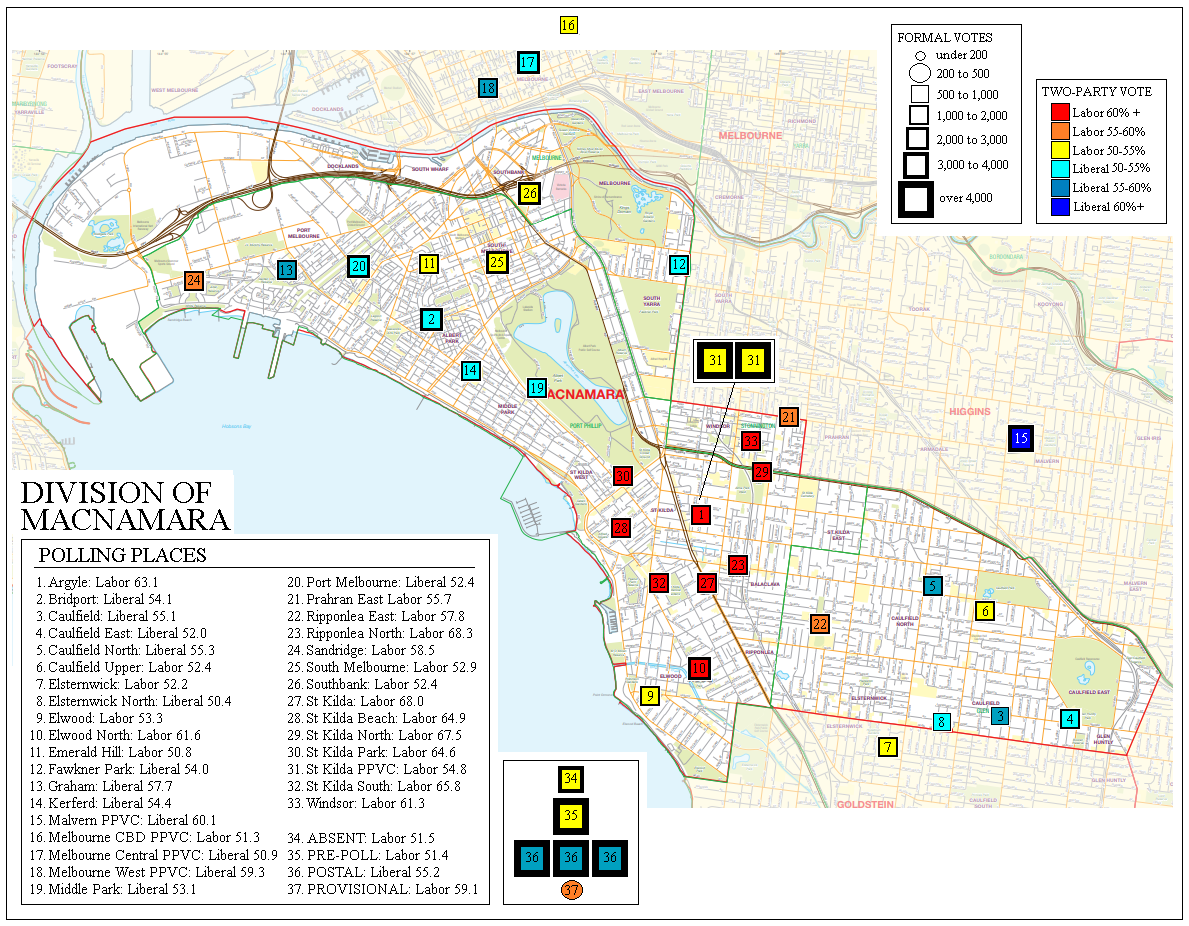
Back to main page
|
|
 many Jewish voters who would otherwise vote Liberal have supported the sitting Labor member.
many Jewish voters who would otherwise vote Liberal have supported the sitting Labor member.











